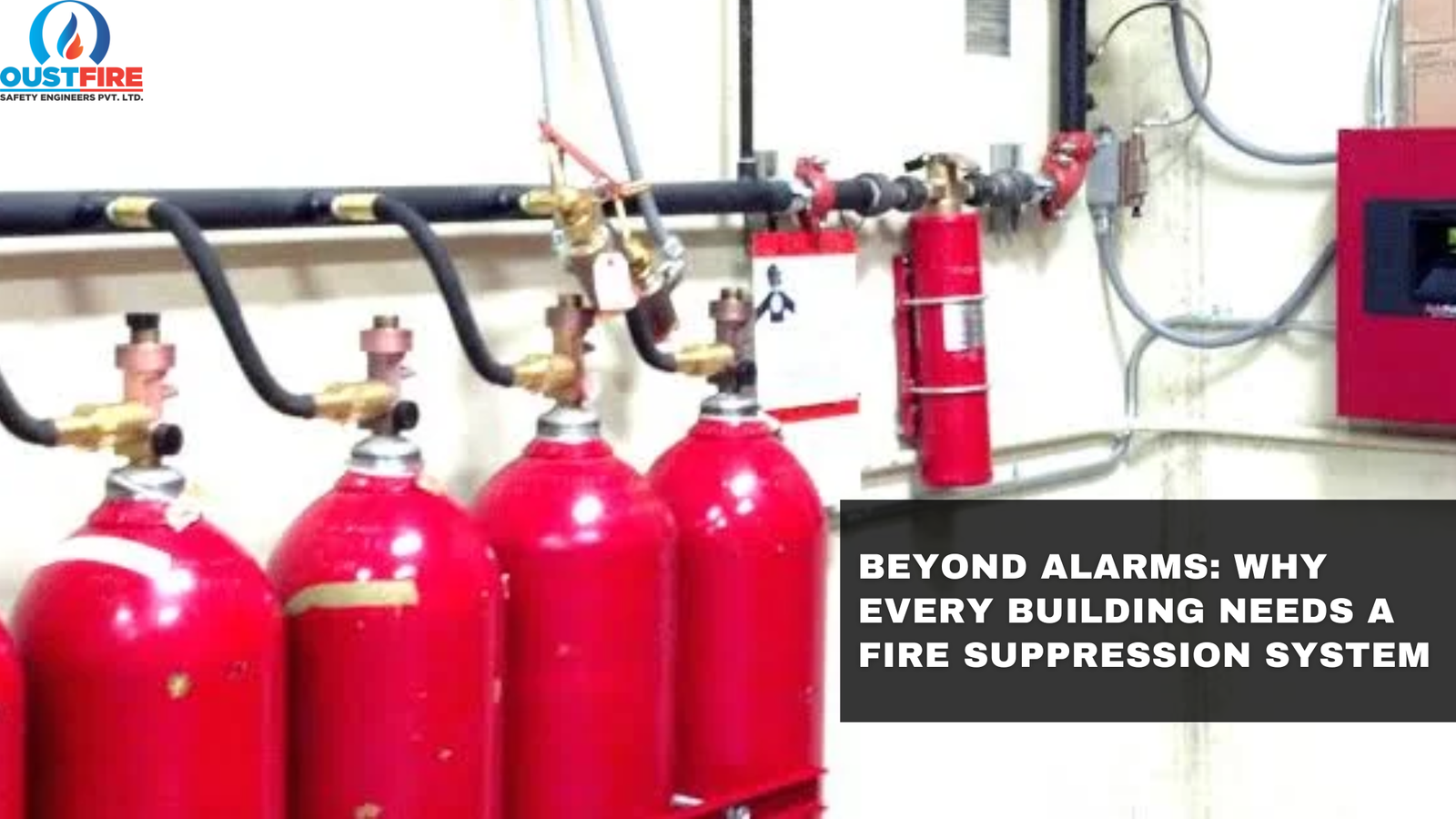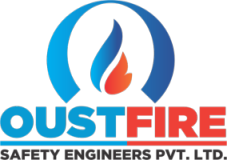
Why Every Building Needs a Fire Suppression System
When we think of fire safety, our minds often jump to alarms and smoke detectors. While these are essential for alerting people in the event of a fire, they do little to actually stop the fire. That’s where a fire suppression system becomes a critical player in ensuring complete safety. Whether it’s a home, office, restaurant, or industrial space, every building needs a fire suppression system to actively combat fire hazards. These systems not only prevent loss of life but also reduce damage to property and equipment. A fire suppression system is more than just a safety upgrade—it’s a necessity for any building prioritizing safety, compliance, and operational continuity.
Let’s explore the reasons why fire suppression systems are no longer optional, but mandatory for building fire safety.
What Is a Fire Suppression System?
A fire suppression system is a collection of components engineered to detect and control fires. It usually includes sensors, alarms, and suppression agents such as gas, foam, or chemicals.
Why Fire Suppression Systems Are Essential for Every Building
1. Immediate Response Saves Lives
In case of a fire, every second counts. Fire suppression systems are designed to act instantly. While alarms can warn people to evacuate, suppression systems go one step further—they start controlling the fire instantly.
This can drastically reduce injuries, prevent fatalities, and buy critical time for evacuation.
2. Minimizes Property Damage
Fires don’t just destroy—they cost. Structural damage, ruined equipment, lost documents, and operational downtime can cripple a business. Suppression systems reduce the extent of fire spread, limiting the overall damage and making post-fire recovery easier and less expensive.
3. Essential for Commercial Spaces
A commercial fire protection system is a legal and safety requirement in many places. Whether you run a restaurant, factory, hospital, or IT office, authorities often mandate the presence of an automatic suppression system as part of the building code.
4. Compatible with Different Environments
Not every fire needs water. In fact, using water on electronics or oil fires can make things worse. This is where gas suppression systems come in handy. These systems use inert gases or chemical agents to safely extinguish fires in sensitive environments like data centers or industrial spaces.
Choosing the Right Fire Suppression System
When selecting a system, consider:
-Type of hazard (electrical, chemical, kitchen fires)
-Size of the area
-Level of automation required
-Compatibility with existing fire safety equipment
Professional evaluation can help you choose between clean agent systems, foam suppression, water mist, or CO₂ suppression.
OustFire: Your Partner in Fire Safety
OustFire specializes in complete fire suppression system servicing. From installation to regular maintenance and emergency repairs, we ensure your safety equipment stays in top shape.
Explore our expert services here:
👉 Fire Suppression System Servicing
Our team is trained to handle all types of suppression systems, ensuring compliance, reliability, and peace of mind for every client.
Conclusion: Act Before It’s Too Late
When it comes to fire safety, alarms are just the beginning. True protection lies in proactive measures. A fire suppression system offers more than peace of mind—it offers real-time defense against disaster. Whether it’s gas suppression for sensitive areas or a full commercial fire protection system, the benefits are undeniable.
Equip your property with advanced automatic fire protection today. Don’t wait for a fire to show you what was missing.
Choose OustFire for trusted solutions and professional servicing. Your safety is our priority.
